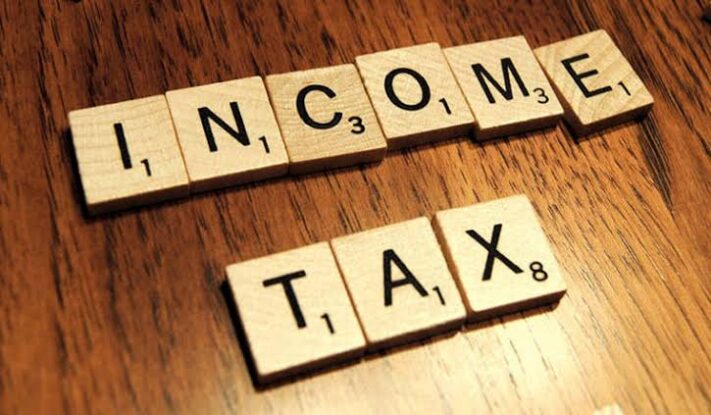The government is encouraging salaried income taxpayers to adopt a new tax regime, introduced in the Union Budget for 2020-21, which coexists with the old regime. This new system is described as simpler and offering lower tax rates. Salaried taxpayers can choose between the old and new regimes when filing their returns, but from the 2024-25 assessment year, the new regime becomes the default for those with income from business or profession.
To make the new regime more attractive, the government increased the standard deduction and adjusted tax slabs, potentially saving salaried taxpayers up to ₹17,500 if they switch. Unlike the old regime, which allows numerous deductions and rebates (such as those under Chapter VI A of the Income Tax Act and Section 80C), the new regime limits these options, simplifying the process. Deductions in the old regime include rebates for home loan interest and various investment instruments, offering significant tax planning opportunities.

In contrast, the new regime minimizes tax planning needs by reducing available deductions, with the standard deduction being one of the few exceptions. Finance Minister Nirmala Sitharaman, in her 2020 budget speech, highlighted that the new regime eliminates around 70 out of over 100 exemptions and deductions, with plans to review the remaining ones in the future.
The new regime is perceived as fairer for those unable to benefit from the old regime’s deductions, such as younger salaried taxpayers without substantial investments or home loans. These individuals, particularly those with less surplus for investing in tax-saving instruments, benefit from the lower tax rates.
Also read: Should You Pay Income Tax With A Credit Card? Pros & Cons Evaluated
However, those who have made investment decisions based on the old regime’s deductions might not find the new regime advantageous, as their tax liability could be lower under the old system despite higher rates. For example, the new regime does not permit deductions for home loan interest on self-occupied properties or house rent allowance exemptions.
The tax slabs under the two regimes differ significantly. Under the old regime for the 2024-25 assessment year, taxable income below ₹2.50 lakh is exempt. Income between ₹2.50 lakh and ₹5 lakh is taxed at 5%, between ₹5 lakh and ₹10 lakh at 20%, and above ₹10 lakh at 30%, with higher exemptions for senior and super senior citizens. The new regime features lower rates but fewer deductions. Starting the next assessment year, the standard deduction will increase to ₹75,000, and the income tax exemption threshold will remain at ₹3 lakh.
The new regime has five tax slabs: 5%, 10%, 15%, 20%, and 30%. From the next assessment year, income between ₹3 lakh and ₹7 lakh will be taxed at 5%, between ₹7 lakh and ₹10 lakh at 10%, and between ₹10 lakh and ₹12 lakh at 15%, with no changes to the 20% and 30% slabs.
Disadvantages of the new regime include reduced incentives for investing in tax-saving instruments like PPF, life insurance, and equity-linked savings schemes. This shift may alter taxpayers’ investment behavior, possibly increasing their exposure to high-risk equities or making the removal of Section 80C beneficial for their financial plans.


